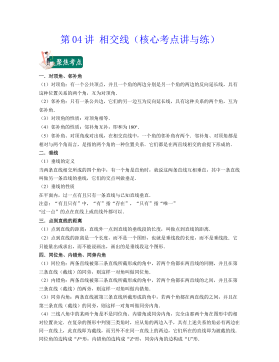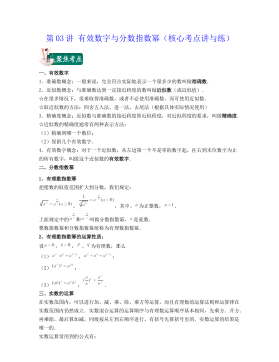我国电力产业管制改革绩效分析
浙江财经学院硕士学位论文I摘要电力产业作为重要的能源产业,不仅关系到人们的生活用电,同时也是国民经济稳定和可持续发展的重要保障。电力产业的顺利发展可以推动其他相关产业的发展,也对整个经济体系起着支撑和辐射作用。随着电力市场需求的扩大,各国为了电力产业和其他产业的发展,开始在原本具有自然垄断特征的电力产业进行逐步改革。作为自然垄断产业,政府对电力产业进行必要的管制也是必要的,而过度的管制又会降低企业的生产效率。因此管制政策的实施究竟有没有使电力产业在电力供给、生产效率、利润水平和服务质量等各方面都得到了有效的提高,需要做进一步的研究。国外学者对电力产业管制绩效的研究得出了不同的观点,有些学者认为...
相关推荐
-
10KV电网D-SCADA 系统信息采集与故障诊断研究与设计VIP免费
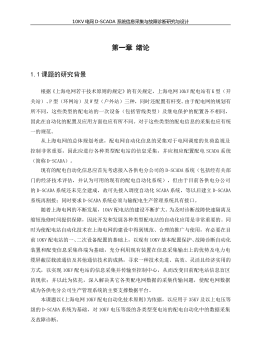
 2024-10-14 20
2024-10-14 20 -
方形吸顶散流器平送风等温射流特性研究VIP免费
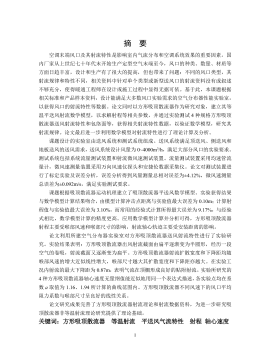
 2025-01-09 6
2025-01-09 6 -
关于充液声导波传感器中频散兰姆波的研究VIP免费
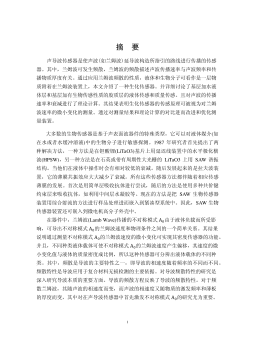
 2025-01-09 6
2025-01-09 6 -
结合梁斜拉桥施工过程中考虑剪力滞影响的分析方法VIP免费

 2025-01-09 6
2025-01-09 6 -
空调房间热舒适性的数值模拟与实验研究VIP免费
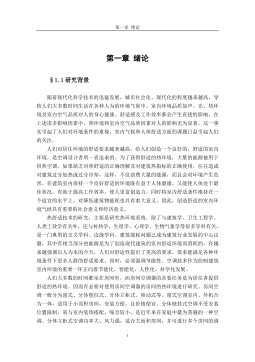
 2025-01-09 7
2025-01-09 7 -
汽车前轮线控转向系统研究VIP免费
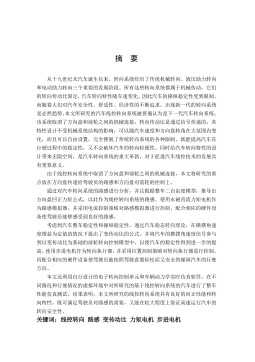
 2025-01-09 8
2025-01-09 8 -
输入分配型混合动力车辆动力系统控制策略研究VIP免费
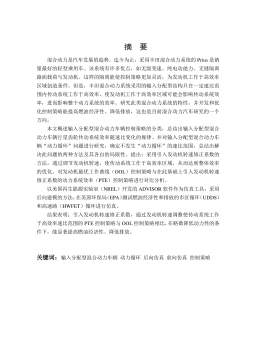
 2025-01-09 7
2025-01-09 7 -
双馈风力发电系统的柔性并网控制研VIP免费
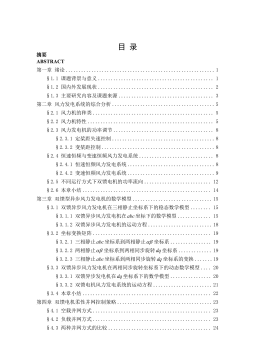
 2025-01-09 8
2025-01-09 8 -
污水处理厂污泥好氧堆肥发酵技术的试验研究VIP免费
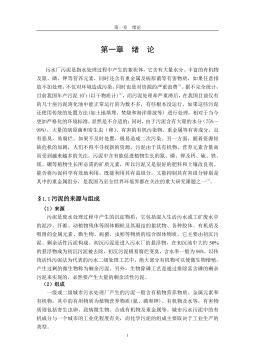
 2025-01-09 7
2025-01-09 7 -
应用风室试验装置的风机性能VIP免费
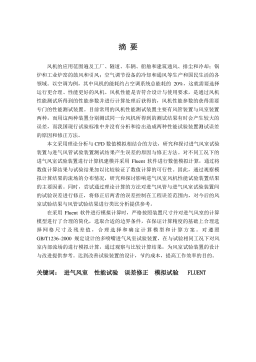
 2025-01-09 8
2025-01-09 8
作者详情
相关内容
-

汽车前轮线控转向系统研究
分类:高等教育资料
时间:2025-01-09
标签:无
格式:PDF
价格:15 积分
-

输入分配型混合动力车辆动力系统控制策略研究
分类:高等教育资料
时间:2025-01-09
标签:无
格式:PDF
价格:15 积分
-

双馈风力发电系统的柔性并网控制研
分类:高等教育资料
时间:2025-01-09
标签:无
格式:PDF
价格:15 积分
-

污水处理厂污泥好氧堆肥发酵技术的试验研究
分类:高等教育资料
时间:2025-01-09
标签:无
格式:PDF
价格:15 积分
-

应用风室试验装置的风机性能
分类:高等教育资料
时间:2025-01-09
标签:无
格式:PDF
价格:15 积分


